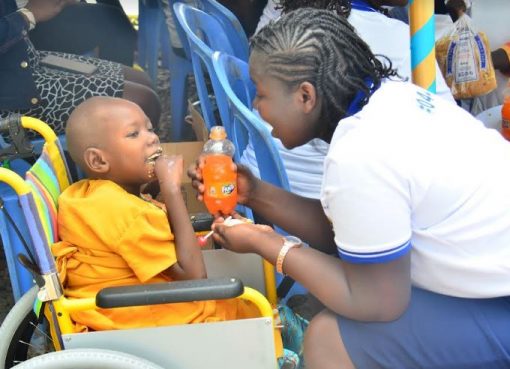Post-traumatic stress disorder (PTSD), has been identified as a leading mental illness in Kisumu County.
According to a three-year study conducted by the University of Nairobi (UoN) in collaboration with University of California San Francisco (UCSF), most of the cases involved intimate partners.
Prof. Muthoni Mathai (UoN), a Principal Investigator in the study, said 60 percent of women examined during the study, had experienced intimate partner violence within a week.
“What this means is that six out of ten women we examined during the week, had been abused by their partners a week before the investigation. This figure is extremely high since the national prevalence is 40 percent,” she said.
Prof. Mathai said so many people were suffering from depression and post-traumatic stress disorder in the area, calling for concerted efforts to reverse the tide.
Sexual and Gender-Based Violence (SGBV), she affirmed, was behind a spike in the number of PTSD cases in the area.
“I join hands with women who have been protesting across the country against Sexual and Gender-Based Violence (SGBV). As a country, we need a U-turn on how we relate to each other across gender, within gender, and how we respect each other,” she said.
Prof. Susan Meffert (UCSF), also Principal Investigator in the study, said 2, 162 people were examined during the study, which identified Post-Traumatic Stress Disorder (PTSD) and Major Depression (MD), as key areas of intervention.
The study dubbed ‘Smart Dapper’ identified evidence-based strategies, for first-line and second-line treatment, which was administered by non-specialists, trained by the programme.
Prof. Meffert said participants received Interpersonal Psychotherapy Treatment, while others were put on antidepressants (Fluoxetine) or both.
The study, she said has demonstrated positive outcomes in mental health treatment, which if scaled-up could impact positively the economy.
“Mental health treatment saves the country money. It minimizes the number of days away from work and increases the number of people who earn,” she said.
Kisumu County Executive Committee Member (CECM)-In-Charge of Medical Services, Public Health and Sanitation, Dr. Gregory Ganda, said the study was an eye opener on the state of mental health in the area.
Dr. Ganda said a good number of patients who visit health facilities in the area, are stressed and actually don’t know what ails them.
“A lot of people are stressed and depressed, but they don’t know. When you are stressed you will feel unwell at some point,” he said.
The research programme, he said, introduced simple screening methods, where non-specialists were trained on how to examine patients and decide on those who require seeing a specialist.
This, he added, has impacted positively on mental health screening and treatment in the County, with some of the patients reached and treated on the phone.
To effectively manage mental illness, the County, he said, requires to screen at least 300,000 people annually, but this was hampered by the shortage of staff.
He said the County government has only eight psychiatrists, who cannot effectively handle the rising number of cases.
To address the gaps, he said the Department of Health was focusing on preventive health care, to lower the prevalence of the two mental illnesses in the area.
He added that the County government was in the process of establishing 35 mental wellness centers at the ward level across the county, to enhance access to psychotherapy and mental illness treatment.
“Kisumu is positioning itself as a mental health champion. We are already renovating some of the buildings at our primary health facilities, to turn them into mental wellness centers because we believe that a happy population is a productive population,” he said.
This, he said, was set to have a ripple effect on the economy of the area since most of the patients currently undergoing mental illness treatment at home and in hospital will be actively engaged in income generating activities.
By Chris Mahandara





